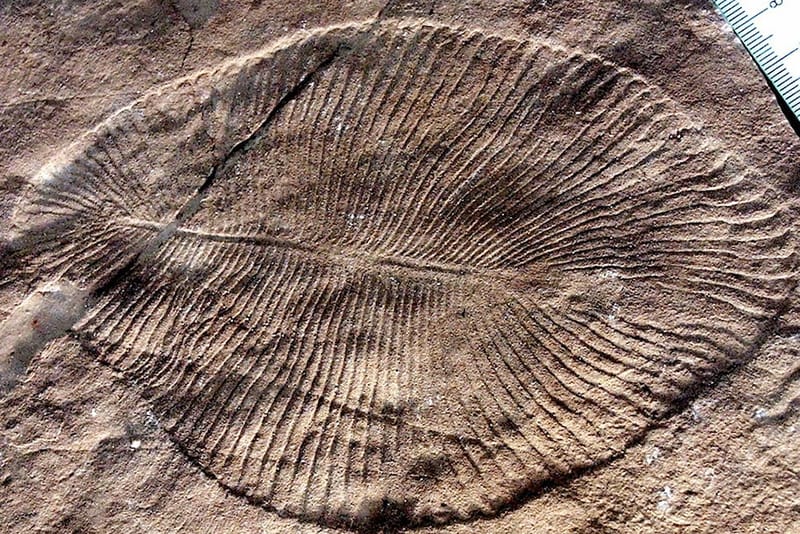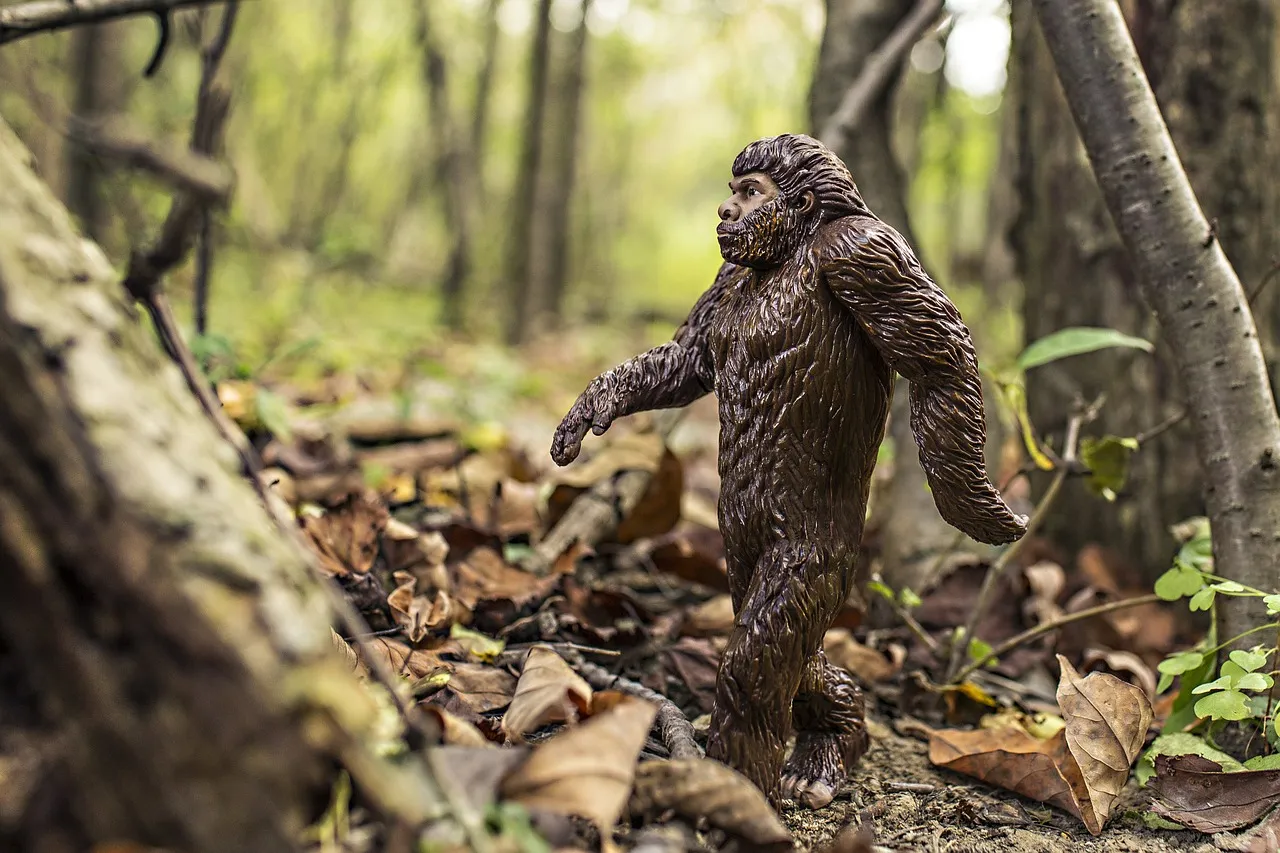Table of Contents
It’s often posited as a supposed knock-down argument against the idea of human evolution: “If we evolved from apes why are there still apes?” But it’s a question that fundamentally misunderstands evolution.
At the same time, it’s not as foolish as sneering “IFLScience” types make out. In fact, it’s pretty plausible to ask why, if apes turned into humans, there are still apes around.
That doesn’t mean that it disproves what we know about human evolution.
The short answer is that “we didn’t evolve from any of the any animals that are alive today,” says Zach Cofran, an anthropologist at Vassar College. That is to say, humans didn’t evolve from the gorillas we see at the zoo or the chimpanzees we snap pictures of on a safari. “It’s a common misconception that apes are a step away from becoming human or something like a step along the way,” says Cofran. But, he adds, that’s not the case.
Charles Darwin, the naturalist best known for his theories of natural selection, described evolution “as ‘descent with modification,’” says Cofran. That means humans descended from common (and now extinct) ape ancestors that lived millions of years ago, a process also referred to as?“common descent.” While we share our ancestry with these animals, along the way, over millions of years, we all changed. “[We] each adapted to our own environments or specific circumstances or niches,” says Cofran. It’s believed that this human divergence from the chimpanzee lineage of apes happened between 9.3 and 6.5 million years ago.
Wind the evolutionary clock back further and further, though, and more and more lineages converge. In fact, go back far enough, and you’ll eventually find an ancestor of all living vertebrates (animals with spines). At the moment, the most popular candidate is Dickinsonia, a creature somewhat between a single leaf and a flat worm which lived in the shallow seas about 600-540 million years ago.

More recent research has suggested a sponge-like creature from 900 million years ago may predate even those.
A common — and related — misconception to the question of “why are there still apes?” is the notion that humans are the pinnacle of evolution.
Humans are, as it happens, pretty special: the “thinking reed” as Pascal dubbed it. But that’s not because evolution was inexorably driving towards evolving humans. It could all have been very different.
And evolution isn’t finished, either.
All animals on Earth are continuing to evolve, and that means humans are, too. Plus, he continues, we tend to view evolution through a human-centric lens: The goal of evolution is not to become human, and a creature that looks more “primitive” isn’t on a path to one day becoming human, either […]
“As a society, we’ve imbued the term evolution with a lot of social baggage, where we kind of think of evolution as some kind of improvement.”
Discover Magazine
This ties with another much-misunderstood term: “survival of the fittest”.
A tendentious misunderstanding of this term led to the idea of “social Darwinism”: that the “strong” were endorsed by nature to dominate the “weak”. But “fitness” in the Darwinian sense has nothing to do with strength, speed or agility: it simply means “best fit” for a particular environment.
In other words, a fish-like creature is a better fit for an aquatic environment than, say, an elephant-like one.
All of that raises one final question: what is the future of human evolution?
That’s a question no-one can answer. Plenty have tried, from Arthur C. Clarke’s The City and the Stars to The Planet of the Apes. H. G. Wells postulated a far-future Earth where the only sign of life was “a round thing, the size of a football perhaps, or, it may be, bigger, and tentacles trailed down from it; it seemed black against the weltering blood-red water, and it was hopping fitfully about”.
Not exactly the most optimistic vision of the future, then. Others have conjectured that we’ll eventually shed our corporeal bodies altogether and become free-range “minds”.
Whatever the truth may be, there’s plenty of time to find out. After all, it was around 100,000 years ago that modern humans first evolved. The time scales of evolution are, in fact, so drawn-out that no particular generation is going to notice evolutionary change in their lifetime.
After all, it’s not as if some Homo Erectus mother one day squeezed out some big-headed baby named Homo Sapiens.









